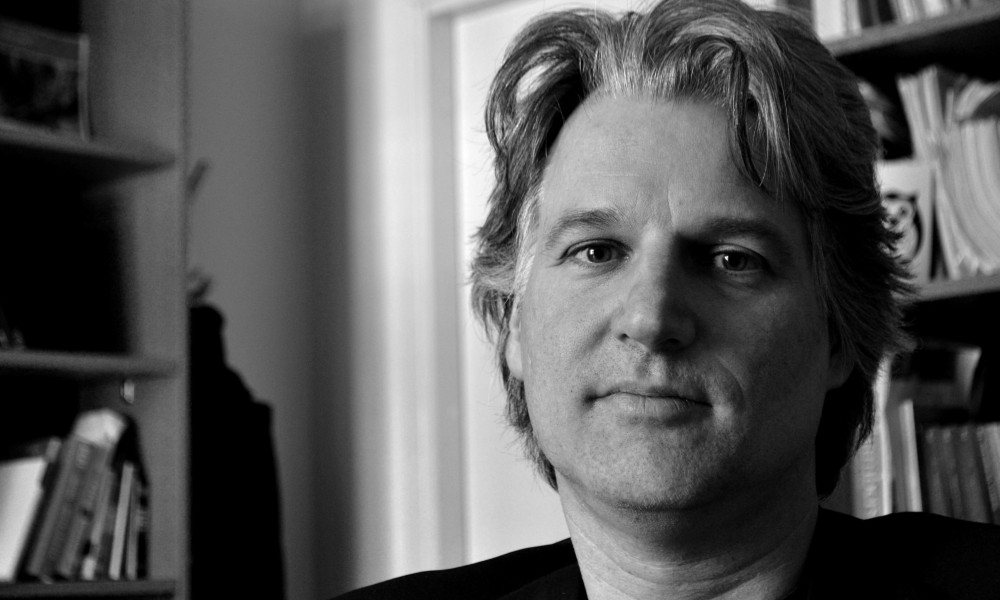Globalisation has changed the class society
Globalisation and changes to how goods are manufactured have led to a new kind of class society.
“We now have a transnational economic elite, a stressed middle class where an increasing number lack permanent full-time employment, and a growing group of poor outsiders who never get established on the labour market”, says Professor of Social Work Max Koch.
Max Koch divides the post-war period into two eras for the organisation of working life, capital and labour. Between 1950 and 1975 was a period known as the golden years of capitalism – golden for white men at least, less so for women and ethnic minorities. The golden years were characterised by agreement between employers and trade unions; the employees were offered permanent jobs and paid holiday in return for 40 hours of work a week.
“Employees had no control over their work, but they could negotiate the terms of employment and were offered security in the form of a fixed salary.”
The model worked fairly well until the mid-1970s. Then times changed. Neither private employers nor governments were as interested in keeping permanent staff. In politics, the winds of neoliberalism were blowing and trendsetters like Reagan and Thatcher wanted to dismantle the State as far as possible. Globalisation took off and manufacturing processes changed.
”Before that you could talk about a German Mercedes or a French Peugeot. Then the products became a mish-mash of components from different continents.”
Growth increased worldwide, at the same time as the gaps in income widened. Social structures underwent radical change.
“In the new class society, there are fewer domestic industrial capitalists. Instead, we have a transnational capitalist class with the world as its playing field. Its operations and its capital are spread out, based where they give the best returns, often in tax-free regions. This class doesn’t care about the needs of individual nations to safeguard their competitiveness, welfare or social rights.
“We see this class on television in Davos once a year. We know that it prefers to invest its money in the financial sector than in industrial projects. However, there is still a lack of research on its distinguishing features”, says Max Koch.
The working classes have also changed since the 1970s. In Europe there is still a core of employees with permanent jobs who feel relatively secure and may even be involved in a union. However, a growing number have insecure jobs – seasonal work, short-term contracts, etc.
“This trend undermines salaries in general. We see more people in permanent employment who have difficulty supporting themselves on a full-time salary. Differences in salary are increasing rapidly, in Sweden as well as elsewhere.”
What happens in different parts of the world affects us for better and worse. Many people have become relatively richer, yet the increasing income gaps make it harder to change class and reach the top of the social hierarchy.
“Consumption plays a key role in demonstrating your success and social mobility or your secure position at the top of the hierarchy. Almost all consumption is about maintaining and reproducing class differences and demonstrating status. Problems therefore arise when people cannot afford to consume in this status-raising manner. This applies especially to today’s middle class, who don’t have sufficient capital for consumption that places them high up in the social hierarchy. They have to discipline themselves and work harder to achieve their goals. Many people have only one child and invest everything in that child’s education in the hope that the upward class mobility will happen in the next generation.”
However, there are fewer who really believe it is going to happen.
“Twenty years ago, most people thought their children would be better off than they were. This is no longer the case.”
So, the middle classes are stressed and worried about the future – and the financial crisis has only exacerbated these feelings. Those with permanent jobs risk falling back into the category of those with insecure jobs. This is especially true in Mediterranean countries such as Spain, where youth unemployment stands at over 50 per cent, despite many young people being highly qualified.
“In Sweden, youth unemployment is around 25 per cent, but competition for jobs is not likely to ease, especially if they have to compete with people coming from the worse-hit Mediterranean countries.”
The position of the working classes in relation to their employers has worsened compared with the period 1950–75, concludes Max Koch.
“Some things have improved, though. For example, women are part of the labour market today in a different way from in the golden years. The agreements between employers and unions often only covered white, middle-aged men.”
Text: Britta Collberg
Published: 2014







